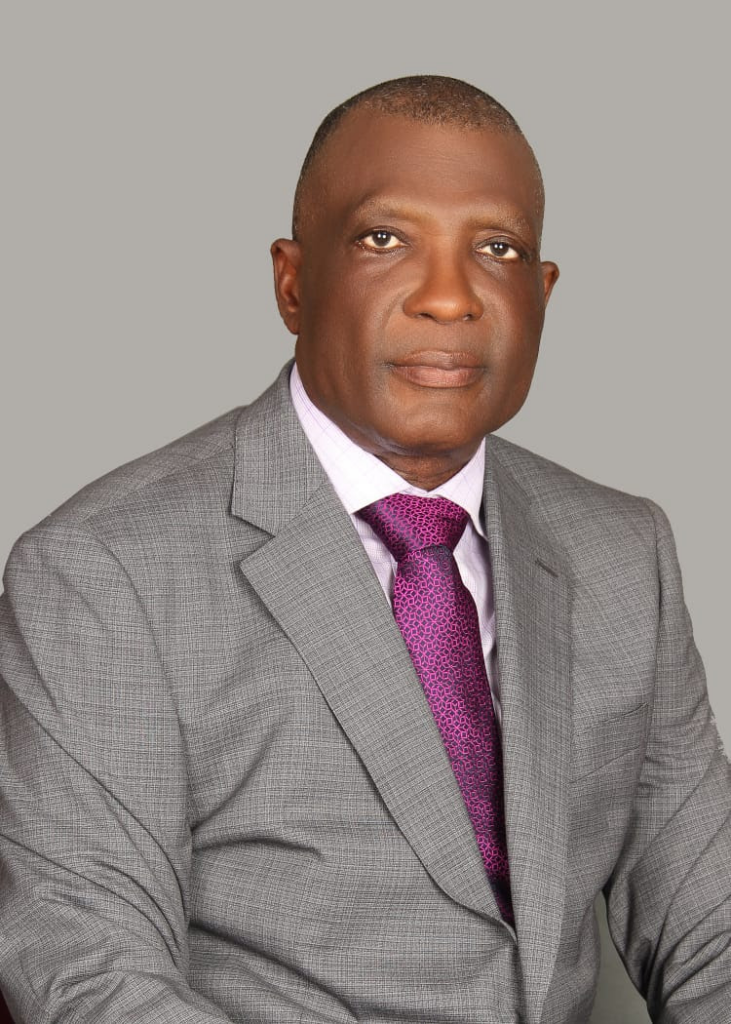- During a tour in Latin America and Mexico, the Pink Floyd frontman stopped over in Ecuador to call for justice in a decades-long battle between the community and an oil giant.
- Nearly 25 years ago, 30,000 community plaintiffs filed a lawsuit against Chevron for environmental damage by its subsidiary Texaco. The $9.5 billion award to plaintiffs in the case has not been paid.
- Waters, a longtime grassroots activist who is outspoken on a variety of political and human rights issues, says the Ecuador Chevron case has global significance.
Quito, ECUADOR – Pink Floyd front man Roger Waters took a break from his South America-Mexico tour on Tuesday to visit Ecuador and denounce oil giant Chevron Texaco. Rogers said he wanted to draw attention to cleanup in the Amazon Rainforest the company was ordered to carry out by a judge in Ecuador, who also ordered the oil giant to pay affected communities $9.5 billion in damages. The case has been ongoing for 25 years.
“This case is fundamentally important to everyone in the world,” Waters said at a press conference Tuesday morning in Ecuador’s capitol city of Quito, referring to the case of the Ecuadorian communities of Lago Agro against Chevron Texaco. He was joined Tuesday by some 12 members of the non-governmental organizationAmazon Defense Front (ADF), which would arbitrate any payment of damages from Chevron.
Waters was also joined by Steven Donzinger, a U.S. lawyer who previously represented the Ecuadorian plaintiffs, before Chevron accused him of fraud.
“The whole world at some point has to decide whether the law is there to serve the people of the world or whether it’s there to serve the insatiable appetites of the oligarchs and the corporate tyranny under which we all have to survive,” Waters said during the press conference.
The long, complex case between Ecuadorian communities and Chevron Texaco began in 1993 when local residents of Lago Agrio filed a class action lawsuit against the oil company Texaco for decades of dumping toxic oil waste in the Amazon rainforest. According to plaintiffs, the toxic waste has seeped into the soil and local rivers, killing off several species of fish and contaminating the only water source for many local communities.
At least 30,000 people living nearby have also been affected by this contamination, according to the Business and Human Rights Resource Centre. Many have reported increased rates of cancer and other serious health problems.
The black pools of oil in the area have become infamous. Local environmental groups run so-called “toxic tours” to show people contamination, while images of black oil-covered hands emerging from local water wells have become a symbol of the region.
When Chevron Corporation acquired Texaco in 2001, it also acquired responsibility for this cleanup and compensation.
Waters was invited to Ecuador by the ADF, just one of the groups that represents the affected communities of Lago Agrio. He arrived to Ecuador Monday and went straight to the Chevron Texaco contamination cite outside of Lago Agrio in the north of Ecuador, and later traveled to the capital Quito.
Dedicated advocate

This is not the first time Waters has been politically outspoken during his Us + Them tour, which ends on November 24 in Costa Rica. While in Brazil in October before presidential elections there, he told the audience not to vote for the controversial right wing candidate Jair Bolsonaro, calling him a “fascist,” which was met with mixed responses by the crowd. He has also long been an advocate for human rights in Palestine, and supports the Israel boycott.
“No oil company has a right to go in and destroy the land, country, or habitat where other people are living without considering their rights,” Waters said.
In 2011, a judge in Ecuador ruled in favor of the community and ordered Chevron Texaco to pay up to $18 billion in damages. This amount was later cut in half by another Ecuadorian court, who ruled again in the community’s favor after Chevron filed an appeal.
For years, Chevron has refused to pay, forcing the Lago Agrio plaintiffs to take their case to other countries where Chevron has assets, like the US and Canada.
Meanwhile, Chevron filed a racketeering lawsuit against one of the plaintiff’s lawyer, Donzinger, accusing him of using false evidence to win the case in Ecuador. When the multinational oil company won, Donzinger was suspended from the Bar of New York State. The win also became the basis for US courts to rule in favor of Chevron, when the Lago Agrio plaintiffs tried to force the corporation to pay through their US assets.
Chevron Texaco did not respond to requests for comment by the time of publication, but on their website, the corporation sites the US Court of Appeals for the Second Circuit ruling, saying Donzinger’s team engaged in a “parade of corrupt actions… including coercion, fraud and bribery.”
At the press conference Tuesday, Waters said he witnessed the trial against Donzinger, and called it a “kangaroo court.”

Donzinger, remains active in the case against Chevron. He continues to promote the communities’ rights to clean up and compensation.
“Chevron says all kinds of things to distract from this simple fact: the Ecuadorian people have triumphed against one of the most powerful oil companies in the world, and all Ecuadorians should be very proud of that,” Donzinger said at the press conference on Tuesday.
The case of the Lago Agrio plaintiffs against Chevron Texaco is currently waiting to be tried in the Supreme Court of Canada, as the oil giant also has assets in that country.
Waters said he is hopeful that the Canadian court will rule in the communities’ favor, citing a letter that shareholders sent Chevron Texaco’s CEO Michael Wirth earlier this year, urging him to agree on a settlement with the Lago Agrio plaintiffs. The letter was signed by 36 institutional investors, who collectively represent some $109 billion in assets.
“If we lose, it will be the end of the world as we know it, because the corporations will have won… and then we may as well all just jump in the river,” Waters said.
Banner image: Roger Waters with Amazonian leaders in Quito, Ecuador on Tuesday. Photo by Jonatan Rosas.
This story first appeared on Mongabay
South Africa Today – Environment
This article is licensed under a Creative Commons Attribution-NoDerivatives 4.0 International License.
You may republish this article, so long as you credit the authors and Mongabay, and do not change the text. Please include a link back to the original article.












